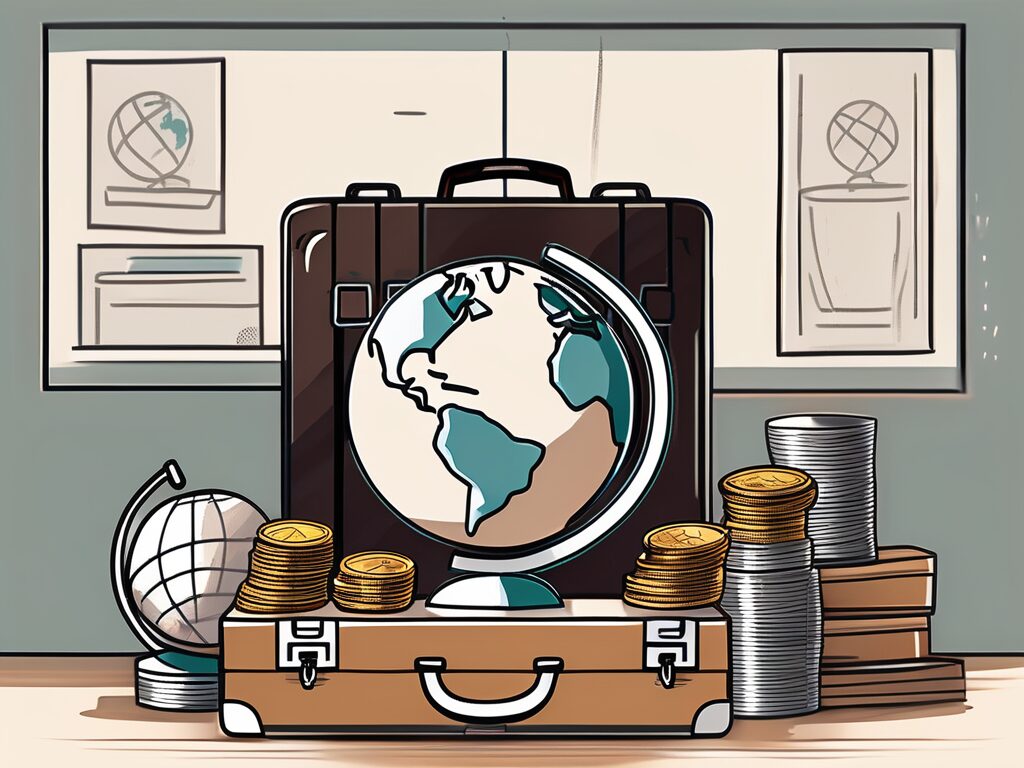The United Arab Emirates (UAE) is a popular destination for international teachers, offering a unique blend of cultural experiences, professional development opportunities, and attractive salaries. However, the cost of living can be high, and it’s essential to manage your finances effectively to make the most of your time in this vibrant country. This guide will provide practical tips and strategies to help you save money while teaching in the UAE.
Understanding the Cost of Living in the UAE
The Basics
The UAE is a federation of seven emirates, each with its own unique character and cost of living. The most expensive emirates are Abu Dhabi and Dubai, where the cost of accommodation, dining, and entertainment can be high. However, they also offer the highest salaries and most job opportunities for international teachers.
On the other hand, the northern emirates of Sharjah, Ajman, Umm Al Quwain, Ras Al Khaimah and Fujairah are generally more affordable. The cost of living here is lower, but so are the salaries. It’s a bit like comparing London and Manchester – both have their pros and cons, and the best choice depends on your personal preferences and financial goals.
Accommodation
Accommodation is likely to be your biggest expense in the UAE. In popular areas of Dubai and Abu Dhabi, rent for a one-bedroom apartment can easily reach AED 60,000 to AED 80,000 per year. However, many employers provide accommodation allowances or even free housing, which can significantly reduce this cost.
If you’re looking for cheaper options, consider sharing an apartment or villa, or living in the less expensive emirates. Just as you might flat-share in London to save on rent, the same strategy can work in the UAE. But remember to check the local laws and your contract terms first, as some employers and emirates have restrictions on sharing accommodation.
Effective Budgeting and Saving Strategies
Track Your Expenses
Just as you would back home, it’s important to keep track of your spending in the UAE. There are many apps and tools available that can help you monitor your expenses, set budgets, and identify areas where you can save. Think of it as your personal finance dashboard, giving you a clear view of where your money is going.
Remember to include all your expenses, from rent and utilities to groceries, dining out, entertainment, and travel. It’s easy to overlook small daily expenses, but they can add up quickly. It’s a bit like forgetting about those daily coffees you buy – they might seem insignificant, but over a month they can make a big dent in your budget.
Save on Food and Groceries
Food can be surprisingly expensive in the UAE, especially if you eat out often or buy imported products. However, there are ways to save. Local markets often have fresh produce at lower prices than supermarkets, and cooking at home is usually cheaper than eating out. It’s a bit like choosing between a home-cooked meal and a restaurant dinner – both can be enjoyable, but one is definitely kinder to your wallet.
Also, look out for discounts and promotions in supermarkets, and consider buying in bulk for non-perishable items. Just as you might stock up on pasta or rice when it’s on sale at your local supermarket, the same strategy can help you save in the UAE.
Maximising Your Income
Teaching Private Lessons
One of the best ways to boost your income as a teacher in the UAE is to offer private lessons. Many parents are willing to pay for extra tuition for their children, especially in subjects like English, maths, and science. It’s a bit like offering private tutoring sessions back home – you can earn a significant amount of extra income, and it’s a great way to utilise your skills and experience.
However, make sure to check the local laws and your employment contract first. Some schools and emirates have restrictions on teachers offering private lessons.
Consider Additional Certifications
Another way to increase your earning potential is to gain additional qualifications or certifications. Specialising in areas like special education, English as a second language (ESL), or advanced placement (AP) can make you more attractive to employers and can often lead to higher salaries. It’s a bit like getting a master’s degree or a professional certification back home – it requires an investment of time and money, but it can pay off in the long run.
Remember, teaching in the UAE can be a rewarding and financially beneficial experience. With careful planning, budgeting, and a few savvy strategies, you can save money and make the most of your international teaching adventure.
Enhance Your International Teaching Career with IPGCE
As you navigate the exciting journey of teaching in the UAE, consider the transformative impact of the International Postgraduate Certificate in Education (iPGCE) on your career. With IPGCE, you can overcome common barriers such as stringent qualification requirements, limited career progression, and professional isolation. Our program not only increases your chances of landing coveted teaching positions but also offers a significant boost in promotion rates and salary. Plus, you’ll join a thriving global network of educators and gain a deep understanding of international curricula. Embrace the opportunity to balance professional development with your teaching commitments through our flexible online study options. Join the UK’s #1 Teacher Training Course today and elevate your teaching career to new heights.


Thanks for pointing out this often-ignored part of the conversation